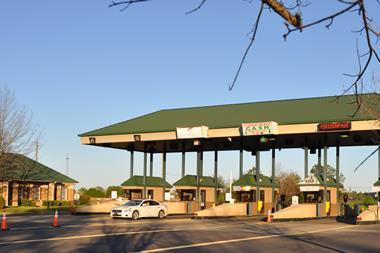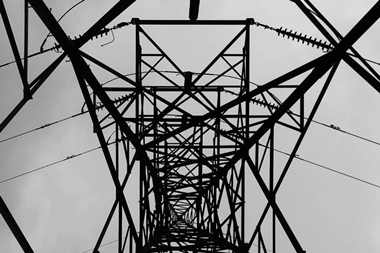INDIA - India's central bank has warned that major projects - and the country's growth trajectory - are at risk from a 52% decline in infrastructure investment to INR1trn (€14.4bn) over the past year.
The Reserve Bank of India (RBI) warned in its annual report that the Indian government must shorten its approvals processes and create a "transparent and credible regulatory mechanism" to revive infrastructure investment it cited as the driver of the country's recent growth.
Sector-specific drags on investment cited by the central bank include barriers to land acquisition, difficulties obtaining clearances and coal shortages.
Imports will account for 40% of India's energy requirements in the short term, said the report, which recommended deregulation of pricing in the energy sector to rationalise demand and improve energy efficiency.
Meanwhile, bureaucracy and inter-agency lack of communication have stifled investor appetite for infrastructure despite the government's plan to attract around 50% of a target $1trn (€800bn) infrastructure war chest from non-government investors.
Private sector investment has been all but absent from sectors including railways, water, ports and power distribution.
The report said: "There is need to make doing business easy by adopting models like the one in Singapore, where multiple agencies and ministries sit together to quickly give its decision clearing investment projects."
Deputy governor Harun Khan said Saturday that removing bottlenecks and easing regulatory project approval would be crucial if India was to upgrade its sovereign credit rating.
In particular, the country's BBB- sovereign rating - hovering just above junk status - effectively excluded overseas pension funds with a minimum rating criterion for bond investments.
Khan told a conference in Bhubaneswar that a high fiscal deficit had effectively crowded out private sector investment in infrastructure.
Meanwhile, a deficit "above comfort levels" and persistently high inflation were limiting the fiscal and monetary space for stimulatory measures, he said, contrasting India unfavourably with its fellow BRIC and other economies.
Warning that all major emerging markets would be affected by the spill-over from the European sovereign debt crisis, Khan described the belief in some quarters that emerging markets such as India had decoupled from the global economy and could grow indefinitely as a "myth".
"India has benefited from greater integration with the world economy and global financial markets," he said. "Globalisation has extracted its costs now."












